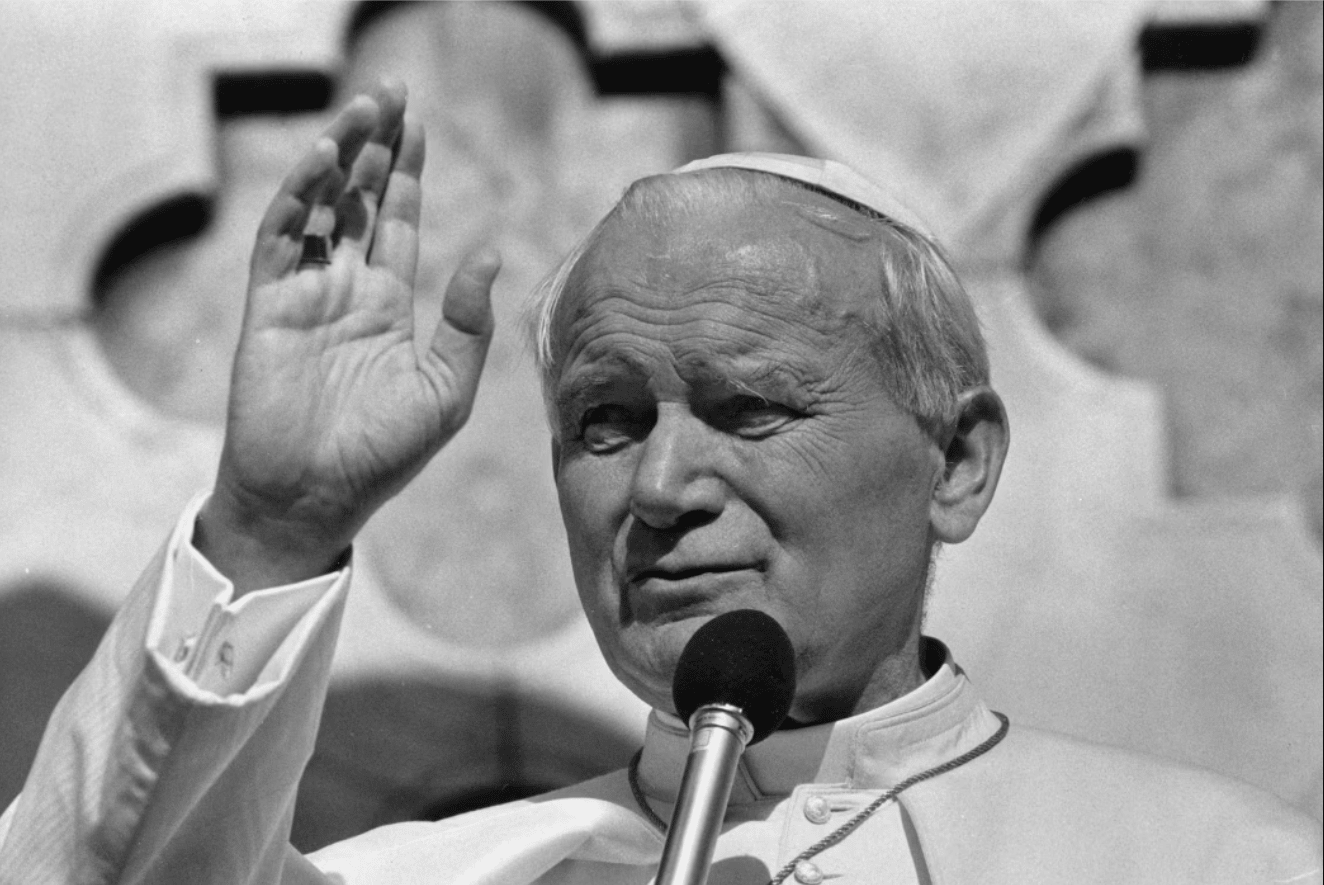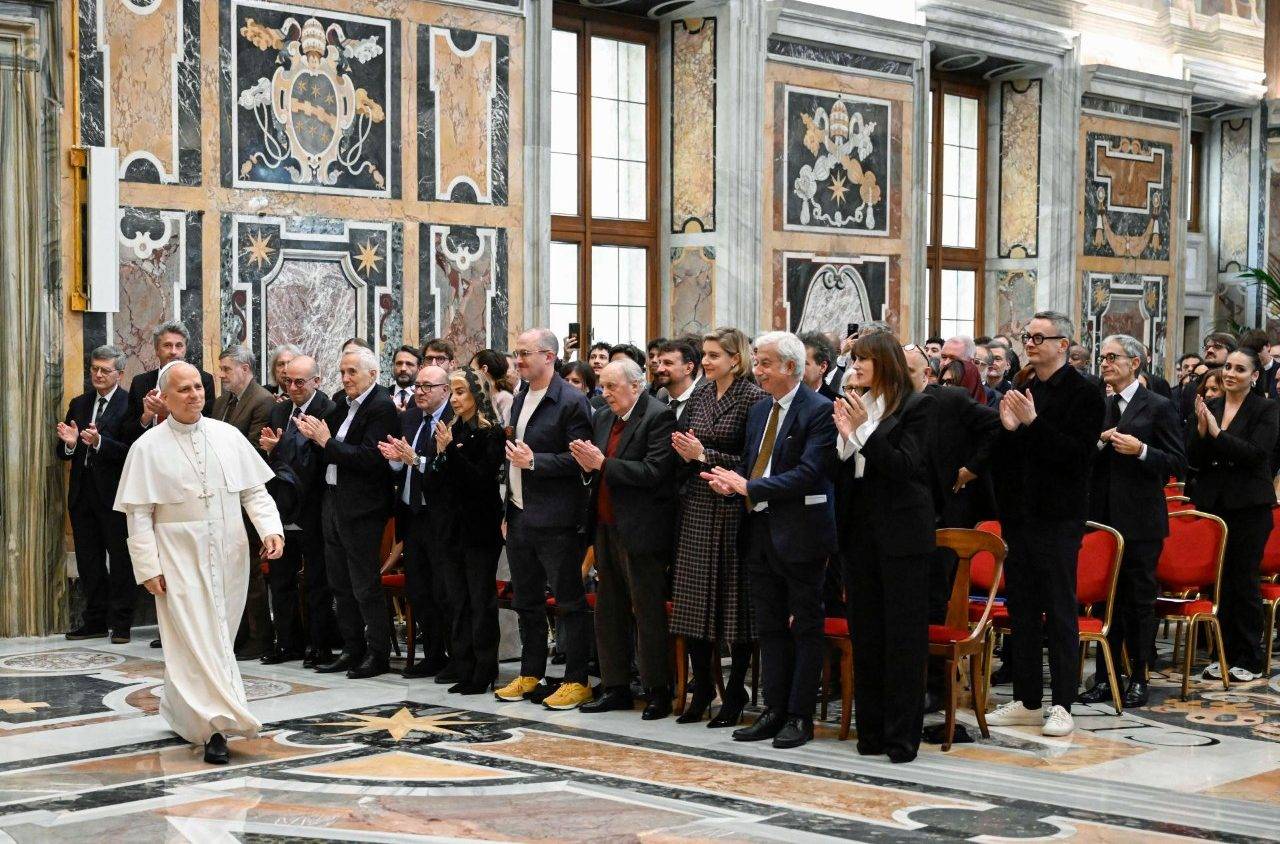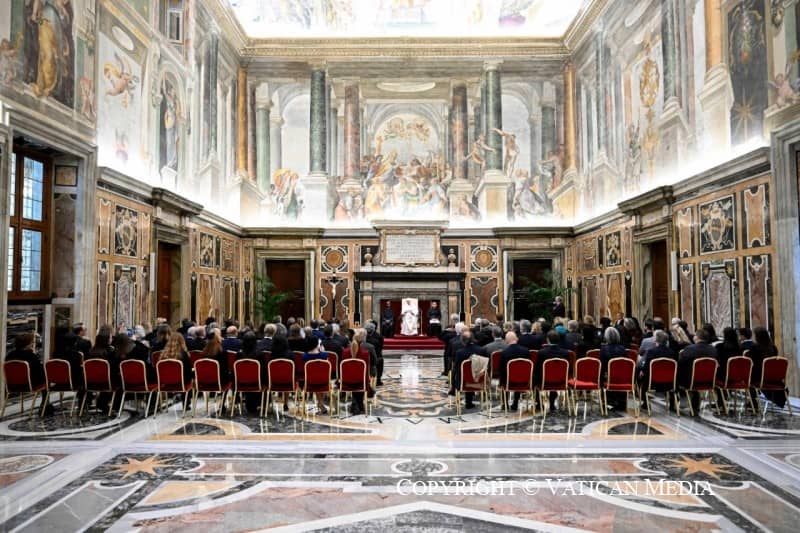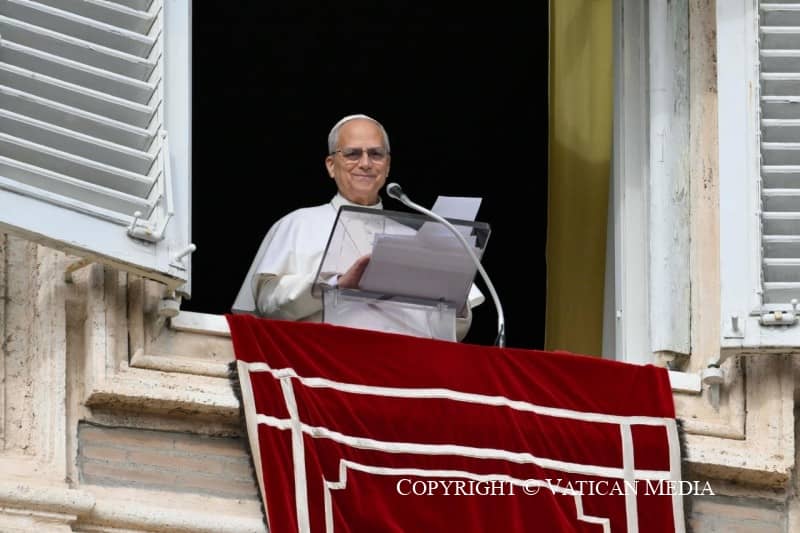The mystery of God becoming a man fills and consumes all things. The reality of God becoming one of his own creation, dwelling in the midst of his people, and living a life like their own is a mystery so vast and expansive that the human mind cannot fully grasp or appreciate what has happened and what continues to happen because of this immense act of love. God has come to us. God is with us. We are not alone.
The whole of creation, and everything that is authentically human, is taken up and completed in the mystery of the Incarnation. Nothing is lost. Nothing falls by the wayside. In Jesus Christ, all become all.
The Catechism of the Catholic Church beautifully affirms: “All the troubles, for all time, of humanity enslaved by sin and death, all the petitions and intercessions of salvation history are summed up in this cry of the incarnate Word.”
Everything is taken up and elevated by Jesus Christ. As believers who are called to pray, we have confidence that all our prayers are contained and perfected within the prayer of the Lord Jesus to the Father. We know that every prayer is heard and every prayer is brought before the Father in Jesus Christ. The battle and the drama of prayer finds peace and tranquility in Jesus Christ, the Emmanuel, God-with-us.
Our cries and prayers become acceptable in Jesus Christ. The Father is pleased to see his creation and his adopted children restored to him in his Son. In accepting humanity in Jesus Christ, the Father answers the prayerful cries and supplications of his people by listening to his Son, raising him from the dead, and glorifying him before all. The Catechism tells us: “Here [in Jesus Christ] the Father accepts them [the prayers of his people] and, beyond all hope, answers them by raising his Son. Thus is fulfilled and brought to completion the drama of prayer in the economy of creation and salvation. the Psalter gives us the key to prayer in Christ.”
The mystery of the Incarnation points us to the mystery of the Resurrection. In the Risen Christ, everything changes. Our understanding of God, ourselves, love, suffering, eternity, heaven, and prayer.
The Resurrection puts prayer in a completely different light and shows us its power to draw us closer to God and receive his peace, healing, and loving kindness. In the Resurrection, we see the completion of a journey still in process, the home for which we long, and the consummation of a marriage still in the throes of life.
The Catechism teaches: “In the ‘today’ of the Resurrection the Father says: ‘You are my Son, today I have begotten you. Ask of me, and I will make the nations your heritage, and the ends of the earth your possession.’”
The Risen Christ is our redemption, our hope, our access and path to the Father. Nothing can bring the sufferings and prayers, cries and supplications of humanity together as the Resurrection has done. In the Risen Christ, we see the end for which we run.
The Catechism continues: “The Letter to the Hebrews expresses in dramatic terms how the prayer of Jesus accomplished the victory of salvation: ‘In the days of his flesh, Jesus offered up prayers and supplications, with loud cries and tears, to him who was able to save him from death, and he was heard for his godly fear. Although he was a Son, he learned obedience through what he suffered, and being made perfect, he became the source of eternal salvation to all who obey him.’”
The glory of the Resurrection is not a cheap glory. It was won and brought forth by the passion and death of the Lord Jesus. In his human nature – our human nature – he learned “with loud cries and tears” and “through what he suffered” the call of “obedience.”
Such a reality should fill us with hope when we suffer, shed tears, give loud cries, and suffer through the travails of life. In Christ, we see the meaning, value, and purpose of our own sufferings and prayers. And these are not wasted. In Jesus Christ, they are taken up and offered to the Father.
Our call as Christians is to follow the way of the Lord. We see that his way includes loud cries and sufferings. He accepted them, and we are called to do the same. We are invited to walk his way and unite our sufferings, prayers, and loud cries with his.















